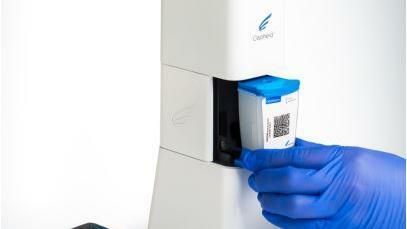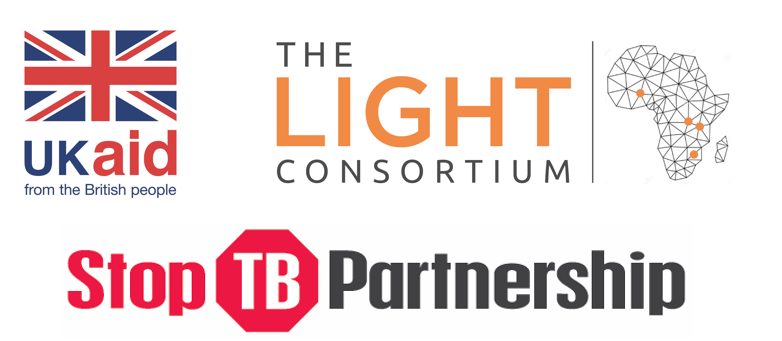
Researchers from the LIGHT (Leaving no-one behind: transforming gendered pathways to health for TB) research programme have contributed to a systematic review in Emerging Infectious Diseases looking at pooling samples (sputum) as a potentially efficient approach in testing for tuberculosis (TB) during the COVID-19 pandemic.
A molecular test, the Cepheid Xpert MTB/RTF or Ultra assay, is essential for diagnosing TB and simultaneously testing if any TB infection is resistant to one of the front-line TB drugs, Rifampicin (RIF). This test has widely been adopted across low- and middle-income countries. The new Xpert SARS-CoV-2 test for COVID-19 runs on the same GeneXpert instruments as those for the Xpert MTB/RIF and Ultra testing. Consequently, already limited testing capacity to diagnose TB may be affected by the increased demand in testing for COVID-19 along with consumable, equipment and staff shortages pivoted to respond to the COVID-19 pandemic. Different TB testing strategies could make more efficient use of consumable and human resource during this time.
One such approach is pooling of samples. Screening for infectious diseases, other than TB, have used sample pooling methods in which samples from several patients are pooled together for a single test to optimise processing. If a pooled-sample test is negative, all samples in the pool are considered negative. If a pooled-sample test is positive, all samples in the pool are then retested individually to identify the samples that are positive. GeneXpert-based testing for TB usually requires one cartridge per sputum sample but pooling of samples for diagnosis could reduce consumable use, workload and cost.
This systematic review determined the accuracy of pooling for Xpert MTB/RIF and Ultra detection of pulmonary TB, with the aim of supporting ongoing testing for TB in the context of increasing restrained resources during the COVID-19 pandemic.
The researchers reviewed peer reviewed literature from electronic databases, assessed the quality of the studies, and whether participants represented the range of disease severity.
Test sensitivity remained high at 94% and 91% on average when pooling two to four samples, respectively, but was compromised when more than four samples were pooled. Two studies reported high specificity of pooled samples (99% and 100%) correctly reporting negative results and about one third savings in cartridge costs.
The review highlighted though the heterogeneity and low quality of the studies, especially in subpopulations such as those with HIV. Whilst the review’s findings are informed by a small number of studies and more evidence is required, taking the approach of pooling samples could be considered an efficient approach to increase testing capacity during times of crisis.
This conclusion should encourage the TB research community to conduct prospective pooling studies assessing this approach in testing for TB. Studies in Lao People’s Democratic Republic, Nigeria and Brazil are already underway.

Funding: The study was funded in part by the European and Developing Countries Clinical Trial Partnership (EDCTP), grant number DRIA2014-309 and its co-funders (Medical Research Council UK and Instituto de Salud Carlos III – ISCIII Spain); the Coordenação de Aperfeiçoamento de Pessoal de Nível Superior (CAPES), Brazil, as a travel scholarship for SVMAL (Process number: 88881.187327/2018–01); TB REACH grant supported by Global Affairs Canada (STBP/TBREACH/GSA/2020-04), with UKaid from the UK Government (LIGHT Health Research Programme Consortium) and the National Institute for Health Research Health Protection Research Unit in Emerging and Zoonotic Infections, the Centre of Excellence in Infectious Diseases Research, and the Alder.